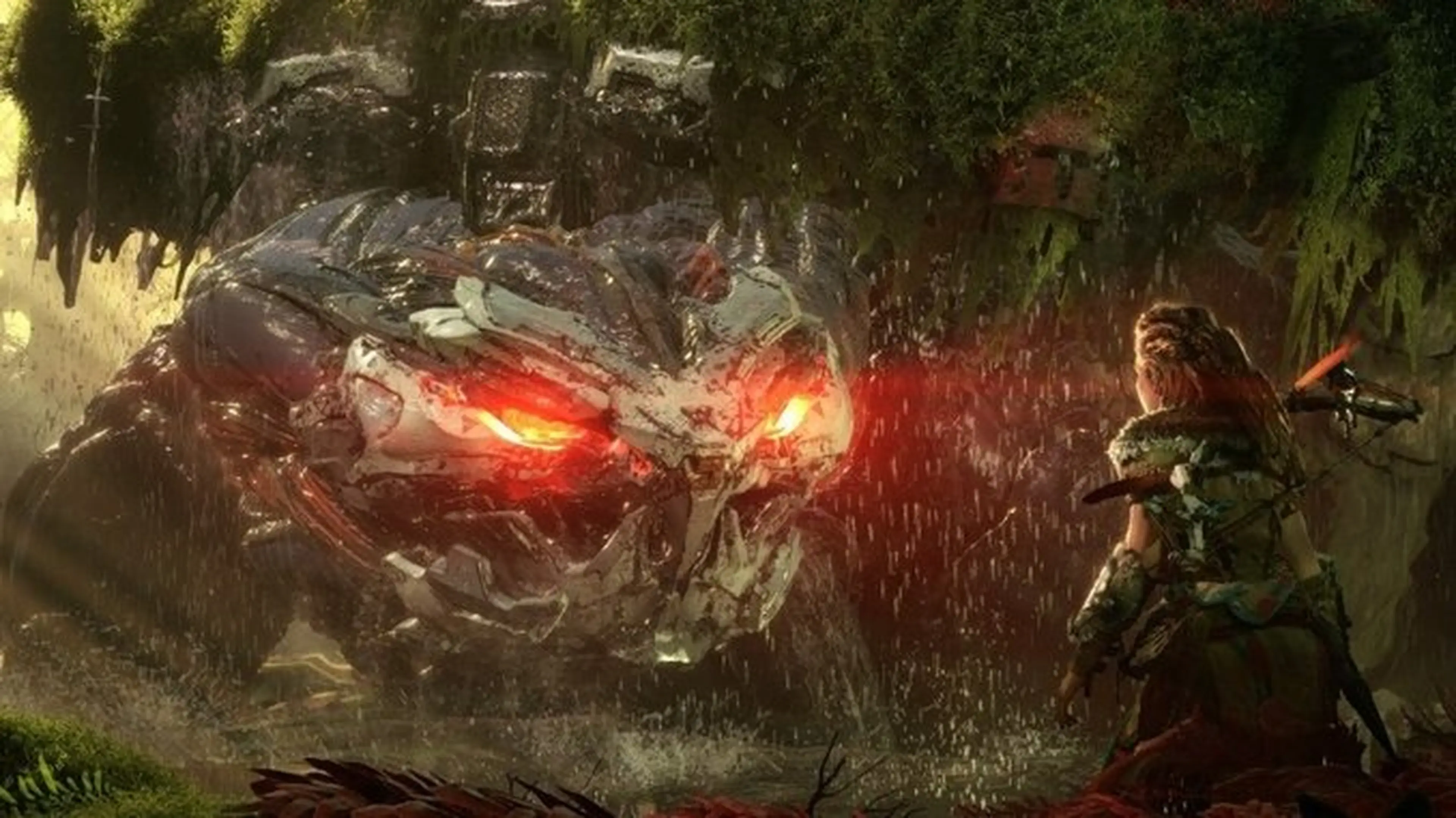All too often in the video game industry do we see promising and exciting new games fall back into the shadows with little to no fanfare around them. Sometimes this can be because of issues with the game itself or perhaps the game just wasn't as popular with predicted target audiences as planned. However, more often than not, this can be due to a poor marketing campaign. Regardless of how good a game is on its own, without a strong marketing campaign, it may never reach its intended audience, and for this reason a lot of games that could've found great success and place for themselves in the market end up faltering and failing to capitalise on their opportunity. In this article, we will be looking at 8 of the most common mistakes that video game developers make when looking to market their video game.
1. Starting Their Marketing Campaign Too Late
One thing to remember as a video game developer while developing your game is that is really is never too early to kick off your marketing campaign. Of course, there are limitations to what you can do from a marketing standpoint and when you can do it, but right from the early development stages of your game you can start to spread the word about your upcoming release. Press releases, teaser images and/or trailers, setting up social accounts and community platforms and launching a website are all things that can be done very early in your development process and are a great way to kick off your video game marketing campaign.

2. Losing Momentum
Another big mistake that video game developers can make when marketing their title is losing momentum and failing to capitalise on hype that they have created. There are countless examples of this where games manage to generate a lot of buzz and hype around their release, maybe with an open playtest weekend or a trailer that is well received, but by the time it comes to actually releasing the game, the hype has dwindled, and the launch is not a success. So, how do you keep the momentum going?
There are a few ways to ensure that you keep momentum and hype at a high level during your development process. Regular press releases and updates on social media are a good way to keep your prospective players informed on the latest news about your game. As is good community management, having an active and engaging Discord server, Discord Community Management is a very crucial part of marketing your video game for example.
It is easy to want to keep all cards to your chest when developing a game, only wanting to release information on your game when the whole project is ready, however, this can be detrimental to your video game marketing campaign, and so releasing regular teaser images or trailers, regular updates and being vocal about your development process can all be great ways of keeping your potential player base engaged and excited about your release.
3. Lack of Market Research
One key aspect of marketing that can be overlooked by game developers is carrying out proper research. This entails looking at your competitors, games from similar developers, games of a similar genre, etc. By looking at what your competitors are doing you can learn a lot about what marketing strategies will work for you and will allow you to build a successful video game marketing campaign. Research also stretches to include researching your core demographic. It takes a lot of data collection and analysis to get to know your target audience. Working out key factors in your demographic like what age group you should be targeting, location, and how you might reach these players will be very important to your marketing campaign and is something that cannot be achieved without carrying out good and proper research.
4. Minimising Potential Reach
Alternatively, another mistake that some developers make when marketing their game is being too niche and specific with the groups they target. Whilst it is very important to pinpoint your target audience, it is important to not entirely ignore other groups and be too niche with the groups you target. For example, if you are marketing an MMO game, you know instantly that you can target people who play other MMOs. Whilst this is true, there are other avenues you can explore with this. For example, if your game is only releasing on PC, you can look at art targeting PC gamers too. So, if you were looking at gaming influencer marketing for example, whilst it would be very beneficial to work with MMO-specific creators to market your game, you may also want to look at more general PC content creators too.
This will widen your reach a lot, and whilst you might see a better return on working with genre-specific creators, broadening your reach is important too, and you may be surprised with the results you can see.

5. Lack of Social Content
We have already spoken about the importance of having social platforms and how they can be used to maintain momentum in terms of hype surrounding your game. But it is important to consider the types of content that you can post on socials to engage your followers. Whilst is easy to just your social platforms to post updates about your game, to truly maximise the potential of your social platforms you will need to diversify your content. Think about what will grab people’s attention like images, GIFs, and videos.
Also think about what else you can post on socials to engage your followers, for example, more casual posts that might not be game-specific. By balancing your social media accounts with important posts about the game, news, and updates, and more casual posting you can increase engagement rates and fully utilise the power of your social media accounts.
6. Unclear Messaging
Another mistake that is often made by game developers when marketing their game is unclear messaging surrounding their game. This both includes copies used to describe their game that can be found on social posts, their website, and other places, but also in terms of press releases and updates about their game. An example of this would be a game that announces the release date for their game only to push the date back multiple times. We all know that there can be unforeseen circumstances that cause a game's release date to be pushed back and it isn't much you can do to prepare for this.
One thing that you can do to prevent this issue is to make sure that from the very beginning of your development plan you are realistic about goals and only commit to announcing release dates and schedules when you are fully confident in doing so. It is more detrimental to announce an earlier than expected release date only to push it back than it is to announce a later release date in the first place. The more you can change plans and send out mixed messages, the less likely your potential player base will be to buy into your project. There is a level of trust that needs to be built between a developer and its potential player base, and if you are constantly chopping and changing plans then the level of trust will be impacted significantly.

7. Too Much Focus on Launch
Whilst your launch day is certainly a key aspect of your game marketing campaign, it is important not to over-focus on your launch but instead spread your marketing campaign over a longer period of time. A lot of games will gear all of their focus to their launch day, making sure that in the immediate lead-up to launch day they are making a lot of noise in a marketing sense but not having a clear formula for their marketing strategy beyond that. By spreading your campaign out further, starting sooner but also making sure that your marketing campaign is spread beyond launch day you can give yourselves a far better chance of success.
It is all well and good having a lot of coverage for your launch day but if you do not plan beyond this you can see a sharp drop off in interest for your game post-launch. Player retention is just as important as a player acquisition, so maintaining a strong marketing strategy beyond your launch day can help not only to bring new players into your game but to keep the ones you currently have on board too.
8. Listening to Feedback
So far, we have looked at marketing from the perspective of a one-way dialogue from the developer to the player. But an equally important aspect of marketing your game is opening up a dialogue with your potential players. Alpha and beta testing are of course a key part of the development process but listening to and responding to feedback from players can also be a key part of your video game marketing strategy. Bad feedback on your game can lead to bad press and reviews of your game and can leave a lasting stigma attached to your game. To counteract this, it is important to respond to feedback and implement changes in your game and indeed in your overall strategy to resolve any issues.
It is important to be vocal with your community on social media and on platforms like Discord to ensure that your playerbase feels heard and so that you can show them that you value their opinion. Finding the right balance between talking at your player base with posts, press releases, etc, and talking to them and listening to their feedback will be key to a successful marketing campaign.
Want to hear how The Game Marketer can help market your AR or VR game? Give us a message and let’s have a chat!



